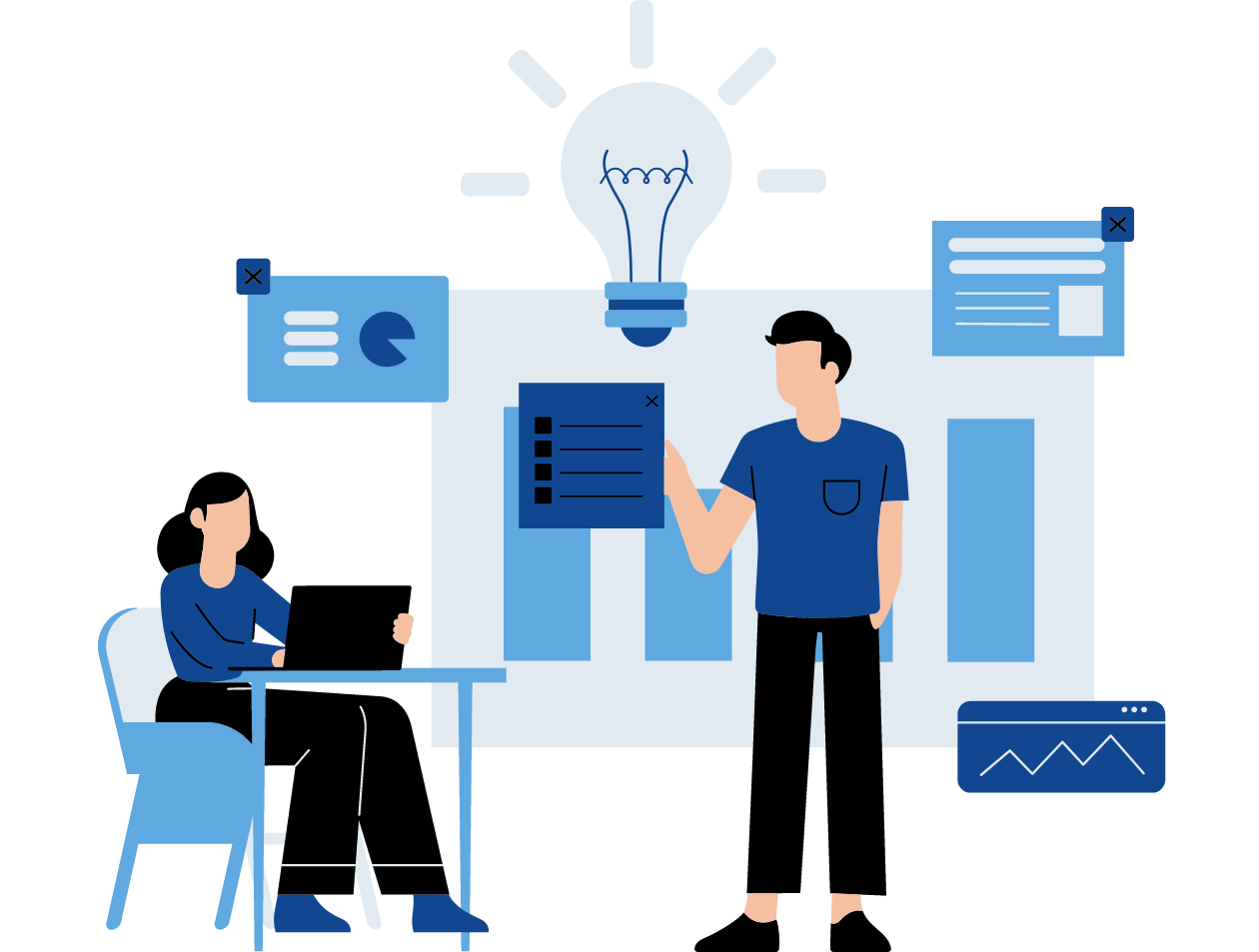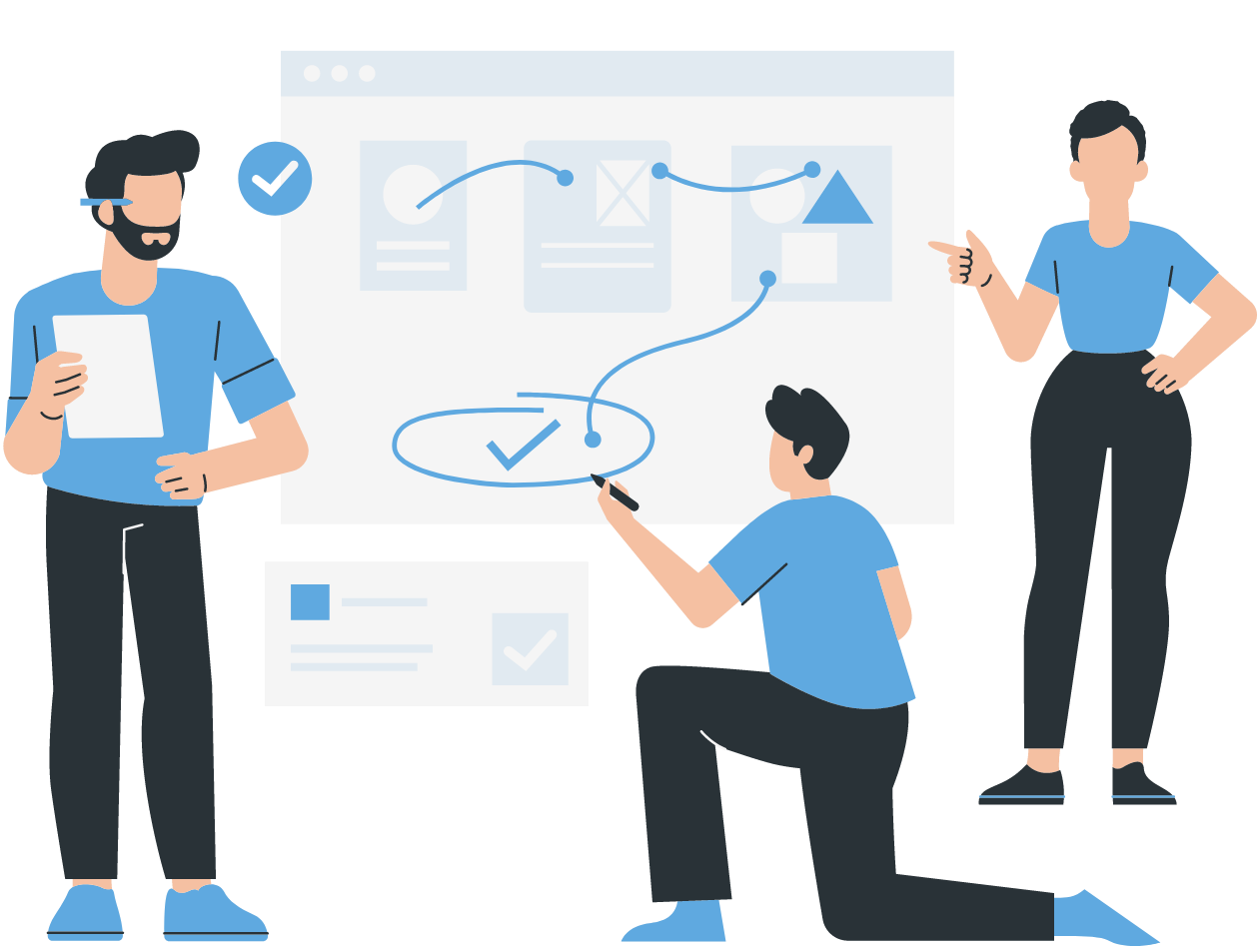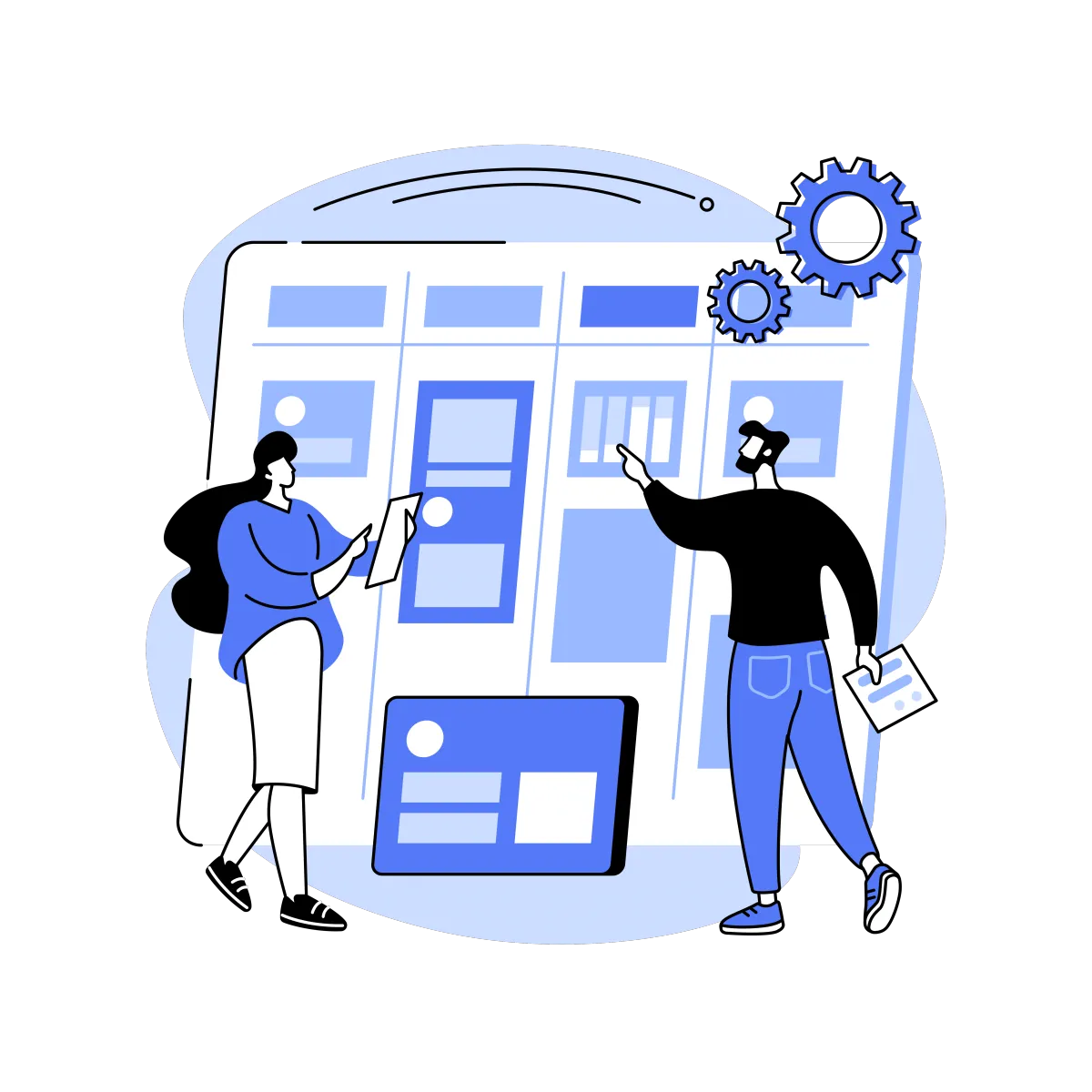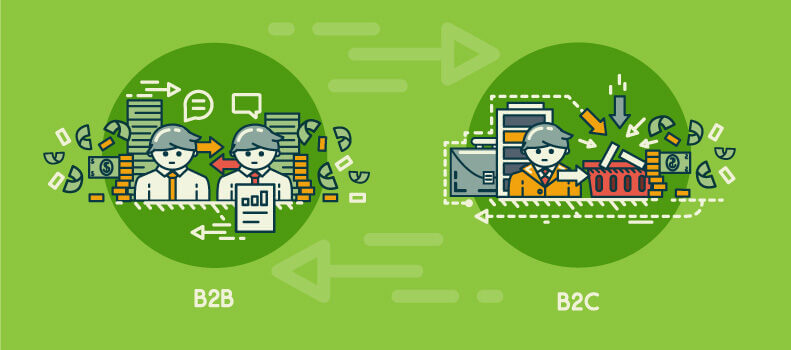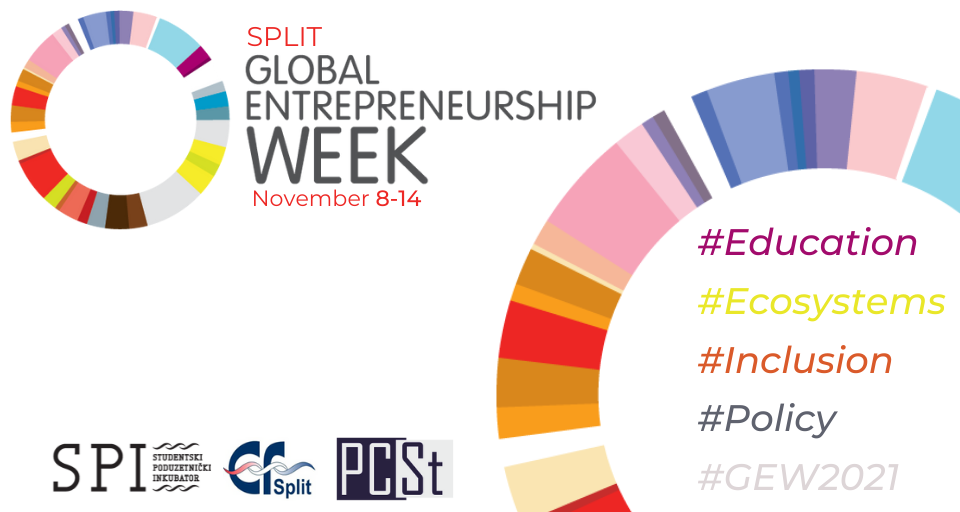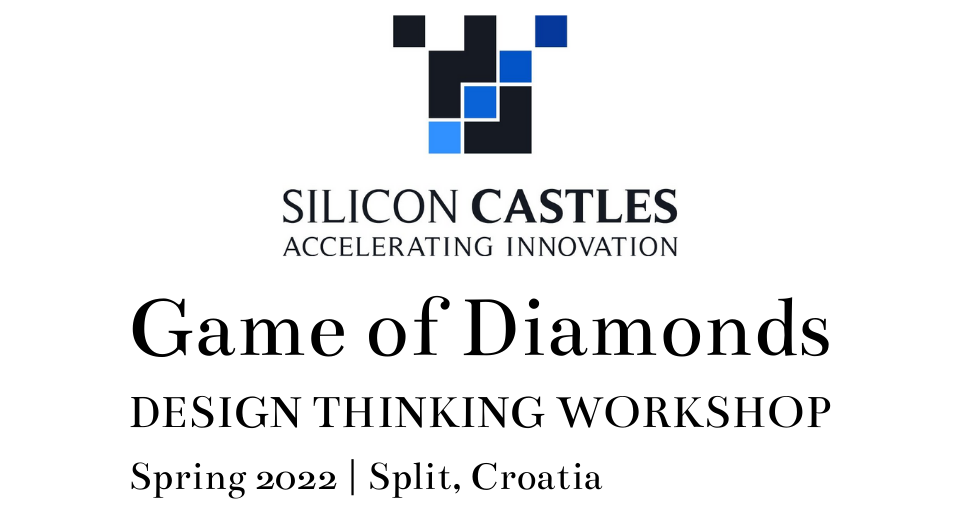
Mark Cuban’s 12 rules for starting a startup
26/02/2019
Alternative sources of funding for startup business
12/03/2019Dog or cat? Coffee or tea? Superman or Batman? Beatles or Stones? These are questions that have plagued humanity for decades, and in the business world, especially in the online market, another one has appeared around which spears are breaking. B2B or B2C?
Although B2B and B2C marketing campaigns use the same best and most effective “tricks” to improve sales, there are a few key differences. It is precisely understanding these differences that will help you in business, and will make your marketing campaigns more efficient.
B2B
The term B2B is an abbreviation of the term Business-to-business and it means a type of electronic business that is focused on the exchange of goods, services and services between organizations, that is, it means “business-oriented business”. The term B2B Internet alliance marks a formal cooperative relationship between two or more organizations that share resources (information, goods, services or investments).
B2B connects all participants in the business process that precede end users (suppliers, intermediaries, distributors, etc.).
B2B electronic commerce is characterized by:
- Catalogues: best suited to markets where supply and demand are highly fragmented; prices are usually fixed
- Auctions: trade in excess inventory, used capital equipment, discounted goods, perishables, etc.; prices are dynamic
- Exchange: natural gas, electricity, telecommunications capacities, etc. are traded; prices are given in real time; it is traded anonymously
- Communities: bring together potential buyers and sellers as professionals with common interests through a Web site that covers industry-specific content and community aspects
In B2B marketing, however, you need to capture the attention of an individual decision maker or a small group of individuals within a company. These are the decision makers when it comes to B2B and they won’t fall for the sweet look of a child who wants to travel to the sea, a woman who prefers a red car to a black one, and the like. There are no emotions in business. It doesn’t matter if twenty or so employees want new chairs, because only the head of the office can make the decision to buy them. Your ad must reach the target person! Targeting ads by job title through Facebook can be helpful.
B2B buyers don’t have as much time to research and consult. They want to see everything they need to know as quickly as possible. Because honestly, how much time do you really want to spend on research when making a purchase, when you have a million other important business obligations on your mind? You want to see reviews on a site that sells a service or product and proof of quality and effectiveness. The difference is small, but huge at the same time. B2B buyers will buy a product faster based on an ad (their budgets are bigger and they have significantly less time to make decisions).
B2C
The term B2C, i.e. Business-to-consumer, implies the organization’s business with end users, i.e. “consumer-oriented business”. Selling goods or services to end users over the Internet is a basic feature of the B2C economy. Many companies have established automated on-line stores on their websites, where customers, using a credit card, can order and pay for the requested goods. B2C is characterized by sales through an electronic catalog. Putting the catalog on the Internet opens up possibilities for global distribution. The advantages of this way of shopping are visible at first glance because: they save time, offer a much larger selection and require less time to research alternatives. Not infrequently, online shopping also directly saves money because the prices at many online stores are slightly lower than the prices of the same goods in traditional stores. Eliminating intermediary steps in the value chain by selling directly to the customer can significantly reduce the cost of the procurement transaction.
B2C campaigns can be aimed at any potential customer who would be interested in the product. Even if that person theoretically will not become a customer, e.g. a woman who sees a great piece of jewelry won’t buy it, but knows that her friend is looking for the perfect pair of earrings and will direct her attention to an ad she saw, which could ultimately result in a purchase, regardless of whether someone liked the ad who was not the primary customer. B2C companies can benefit from reaching out to household decision makers, especially when it comes to big decisions like buying a new car or planning a vacation, but they don’t have to focus exclusively on one family member to achieve success.
B2C customers spend significantly more time researching a product before deciding to buy it. Once they like the product and see its benefits, they will visit your website to find out all the details, then read reviews and compare the product to several similar ones. Thus, if you have met all these criteria, they will decide to buy.
Customer motivation and brand recognition: B2B vs. B2C
Motivating someone to make a business personal purchase is not the same. Granted, both B2B and B2C customers buy products and services that will benefit them. Sometimes these advantages that the product offers overlap, such as saving time or providing comfort, but the difference between them really exists.
B2C customers buy with the goal of improving their lives in some way, while B2B customers buy with the goal of improving their business. This does not mean that emotional appeal is not important in both cases, because at the end of the ballad you are selling products to people. These people have their own fears, needs, desires and expectations. It’s up to you to connect that emotional appeal with business, and show the financial benefit at the same time.
The influence, recognition and quality of the brand is a great advantage in both cases. Therefore, make an effort to make your products and services top-notch, because in an age when information is easily available, and when customers share their experiences more than ever, a few bad reviews are enough to set you back, or in the worst case, make you put the key in lock.
When it comes to B2B customers, in this type of marketing, brand and recognition help you get the customer to choose you over unknown service providers. In this case, trust is very often built through personal contacts.
A B2C buyer’s knowledge of a brand often encourages him to make a purchase, to remain loyal, and sometimes to pay more precisely because of a good name. B2C marketing is built through advertising and social networks.



